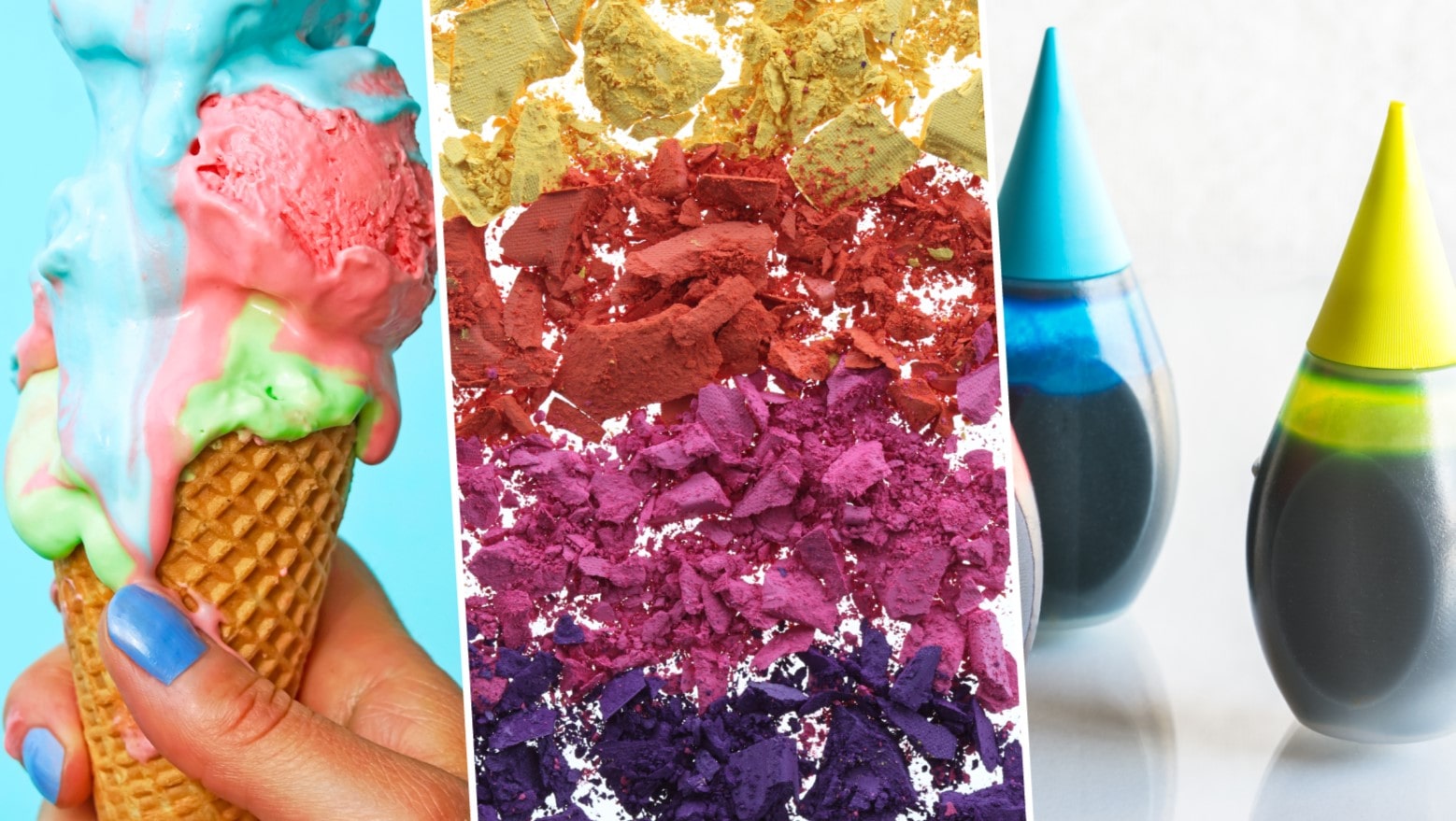
Color additives are everywhere, from the food we eat to the clothes we wear. But what exactly are they? Color additives are substances added to products to change or enhance their color. They can be natural, like beet juice, or synthetic, like FD&C Red No. 40. These additives play a crucial role in making products more appealing and recognizable. However, not all color additives are created equal. Some are safe, while others have raised health concerns. Understanding the facts about these additives can help you make informed choices. Ready to dive into the colorful world of color additives? Let's get started!
What Are Color Additives?
Color additives are substances used to enhance the appearance of food, cosmetics, and other products. They can be derived from natural sources or created synthetically. Here are some fascinating facts about these colorful compounds.
-
Natural vs. Synthetic: Color additives can be either natural, like beet juice, or synthetic, like FD&C Red No. 40.
-
Historical Use: Ancient Egyptians used natural color additives in cosmetics and art.
-
FDA Regulation: In the U.S., the Food and Drug Administration (FDA) regulates color additives to ensure safety.
-
Certified Colors: Synthetic color additives must be certified by the FDA for use in food, drugs, and cosmetics.
-
Exempt Colors: Natural color additives are often exempt from certification but must still meet safety standards.
How Are Color Additives Made?
The production of color additives varies depending on whether they are natural or synthetic. Understanding the process can shed light on their safety and effectiveness.
-
Extraction: Natural color additives are extracted from plants, animals, or minerals.
-
Chemical Synthesis: Synthetic color additives are created through chemical reactions in laboratories.
-
Purity Testing: Both types undergo rigorous testing to ensure they are free from harmful contaminants.
-
Batch Certification: Each batch of synthetic color additives must be certified by the FDA before it can be used.
-
Stability: Synthetic colors are often more stable and consistent than natural ones.
Why Are Color Additives Used?
Color additives serve various purposes in different industries. They can make products more appealing and even indicate quality.
-
Enhancing Appearance: They make food and cosmetics look more attractive.
-
Consistency: Color additives ensure that products have a uniform appearance.
-
Brand Identity: Companies use specific colors to create a recognizable brand image.
-
Quality Indicator: In some cases, color can indicate the freshness or quality of a product.
-
Consumer Preference: Brightly colored products are often more appealing to consumers.
Are Color Additives Safe?
Safety is a major concern when it comes to color additives. Regulatory bodies like the FDA ensure that these substances are safe for consumption and use.
-
Safety Testing: Color additives undergo extensive safety testing before approval.
-
Acceptable Daily Intake (ADI): The FDA sets an ADI for each color additive to ensure safe consumption levels.
-
Allergic Reactions: Some people may be allergic to certain color additives, though this is rare.
-
Labeling Requirements: Products containing color additives must list them on the label.
-
Ongoing Research: Scientists continually study color additives to ensure their safety.
Interesting Facts About Specific Color Additives
Some color additives have unique properties and histories. Here are some intriguing details about specific ones.
-
Carmine: Made from crushed cochineal insects, carmine is used in cosmetics and food.
-
Annatto: Derived from the seeds of the achiote tree, annatto gives cheese its yellow color.
-
Turmeric: This spice is also a natural color additive, giving foods a bright yellow hue.
-
FD&C Blue No. 1: Also known as Brilliant Blue, this synthetic dye is used in beverages and candies.
-
Beta-Carotene: Found in carrots, beta-carotene is used to color foods orange.
Environmental Impact of Color Additives
The production and use of color additives can have environmental implications. Understanding these impacts can help make more informed choices.
-
Natural Sources: Harvesting natural color additives can affect ecosystems.
-
Synthetic Production: Manufacturing synthetic colors can produce chemical waste.
-
Biodegradability: Natural color additives are generally more biodegradable than synthetic ones.
-
Sustainable Practices: Some companies are adopting sustainable practices to minimize environmental impact.
Final Thoughts on Color Additives
Color additives play a huge role in our daily lives, from making food look more appetizing to enhancing the appeal of cosmetics. These substances, while often unnoticed, have a significant impact on consumer choices and perceptions. Understanding the facts about color additives helps us make informed decisions about what we consume and use. It's fascinating to see how these tiny ingredients can influence everything from our mood to our purchasing habits. As we continue to learn more about them, it's clear that color additives are more than just a splash of color—they're a blend of science, art, and psychology. So next time you see a brightly colored snack or a vibrant lipstick, you'll know there's a lot more behind that hue than meets the eye. Stay curious and keep exploring the colorful world around you!
Was this page helpful?
Our commitment to delivering trustworthy and engaging content is at the heart of what we do. Each fact on our site is contributed by real users like you, bringing a wealth of diverse insights and information. To ensure the highest standards of accuracy and reliability, our dedicated editors meticulously review each submission. This process guarantees that the facts we share are not only fascinating but also credible. Trust in our commitment to quality and authenticity as you explore and learn with us.


